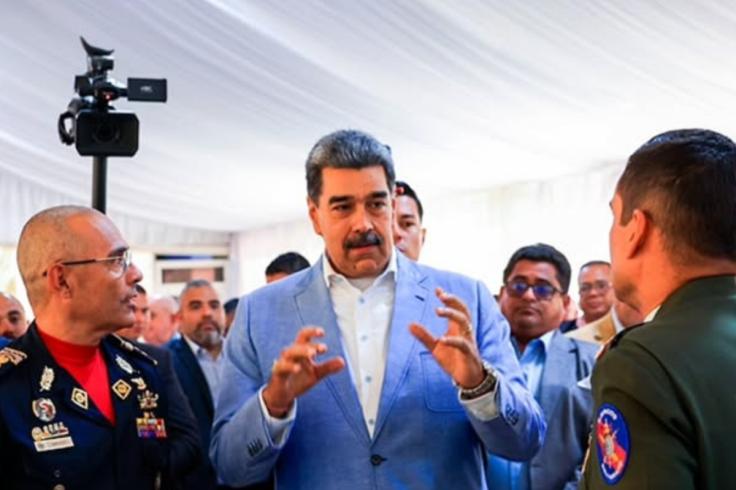From Bus Driver to President: Nicolás Maduro's Controversial Grip on Venezuela
Nicolás Maduro's rise from Caracas bus driver to Venezuela's most powerful figure has been marked by economic collapse, international sanctions, and allegations of corruption and narco-trafficking.

Nicolás Maduro's journey from Caracas bus driver to Venezuela's presidency reads like a political drama. Long before the motorcades and presidential palace, he was navigating the capital's crowded streets in a city bus, discussing politics with fellow drivers during breaks.
Early Life and Union Roots
Born on 23 November 1962, Maduro grew up in a modest household in Caracas, where his father's work as a union organiser exposed him to labour rights activism from an early age. By his twenties, he was driving for the Caracas Metro and deeply involved in union affairs. The noise of depots and the steady rhythm of the bus routes became the backdrop for sharpening his political instincts.
Political Beginnings
By the late 1980s, Maduro had joined leftist groups calling for radical change. His big break came in 1999 when Hugo Chávez swept to power. Maduro won a seat in the National Assembly and eventually rose to become its speaker.
In 2006, Chávez appointed him as foreign minister, a role in which he defended Venezuela's policies abroad and built alliances with Havana, Moscow, and Tehran.
Chávez's Chosen Successor
The formation of the United Socialist Party of Venezuela in 2007 consolidated much of the country's political left under Chávez's leadership, with Maduro as a trusted ally. In late 2012, as Chávez battled cancer, he publicly named Maduro as his successor.
Following Chávez's death in March 2013, Maduro assumed the presidency on an interim basis and narrowly won an election weeks later. The opposition denounced the result as fraudulent.
A Divisive Presidency
For his supporters, Maduro is the guardian of Chávez's socialist vision and a defender of national sovereignty. To his critics, he is an authoritarian leader who has eroded democratic institutions.
Since 2019, dozens of governments, including the UK and US, have refused to recognise his presidency, instead backing opposition leader Juan Guaidó.
Economic Collapse and Allegations
Under Maduro's leadership, Venezuela's economy has suffered a dramatic collapse. Hyperinflation has destroyed the value of wages, poverty has soared, and millions have fled the country.
The United States accuses him of corruption and human rights abuses, as well as links to narco-trafficking. Maduro rejects the allegations and frames them as politically motivated attempts at foreign interference.
How Maduro Maintains Power
Maduro's hold on power depends heavily on the loyalty of the armed forces, control of state institutions, and diplomatic and economic support from key allies abroad.
Efforts at negotiation with the opposition have repeatedly broken down, while protests are frequently met with heavy security crackdowns.
Relations with the United States
Washington continues to enforce economic sanctions, stating that they will only be lifted if Maduro takes meaningful steps toward free and fair elections, including allowing opposition candidates and releasing political prisoners.
Earlier today, the US doubled its reward for information leading to his arrest to £37.2 million ($50 million). American officials accuse him of undermining democracy and engaging in narco-trafficking, charges he strongly denies.
© Copyright IBTimes 2025. All rights reserved.





















